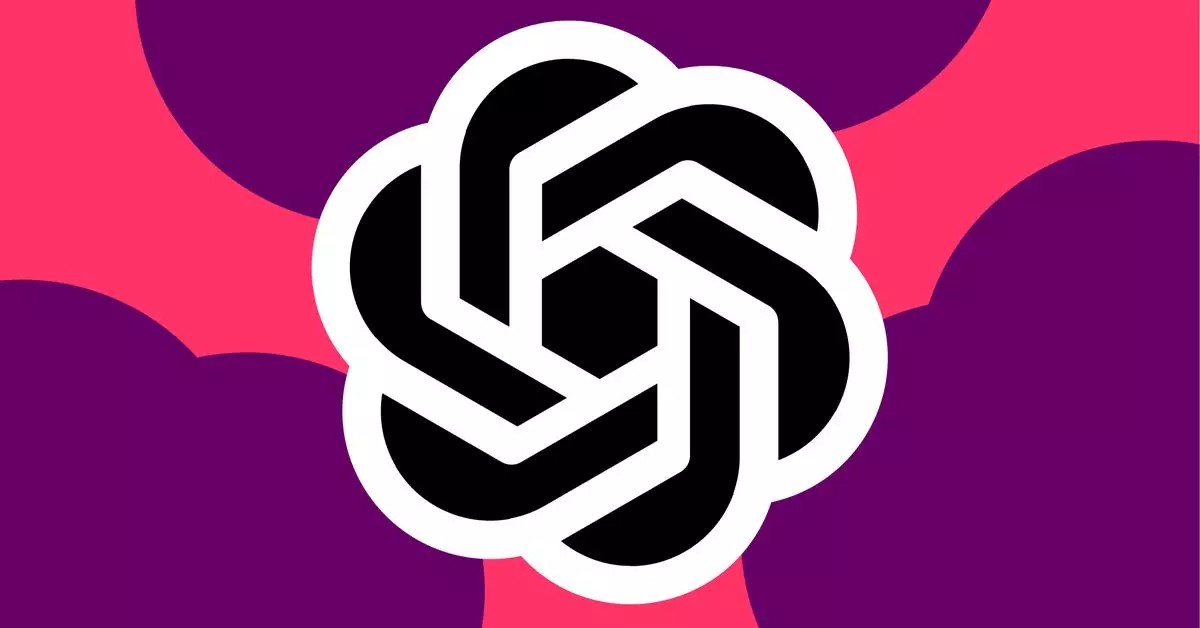In a significant move aimed at democratizing access to artificial intelligence, OpenAI has introduced a novel way for users to engage with ChatGPT through a telephone service. This initiative, branded as 1-800-CHATGPT, allows users in the United States to call ChatGPT for free for up to 15 minutes each month. This innovative approach reflects a strategic effort not only to enhance user experience but also to broaden the audience who can benefit from AI technology. Users can also engage with ChatGPT via WhatsApp internationally, marking a critical step towards making AI more accessible across diverse platforms.
OpenAI’s Chief Product Officer Kevin Weil highlighted that this new feature was rapidly developed, indicating its significance within the company’s roadmap. The introduction of voice interaction represents a simplified version of ChatGPT aimed particularly at newcomers to the AI landscape. This aligns with OpenAI’s mission to make its technology approachable and easy to use for individuals who may be intimidated by more complex web-based interfaces. The decision to allow 15 minutes of usage speaks to a low-barrier introduction for users, providing them an opportunity to interact with AI without the usual constraints tied to digital access.
The per-month, per-phone-number limitation ensures that usage remains manageable while allowing individuals to experiment with the technology. However, the clever workaround of utilizing multiple Google Voice numbers for extended access raises questions about misuse or exploitation of the system. OpenAI has implemented this restriction to discourage overreliance on this feature, opting instead to direct users seeking more advanced functionalities back to their normal ChatGPT accounts. This distinction emphasizes that while accessibility is crucial, so is the quality of interaction in more professional or prolonged use cases.
Interestingly, this initiative echoes Google’s previous attempt at a voice service, GOOG-411, which ran from 2007 to 2010. This service offered free directory assistance, thereby collecting valuable voice samples to enhance its speech recognition technology. OpenAI’s voice service could provide similar insights into user interactions, although spokesperson Taya Christianson emphasized that calls made to 1-800-CHATGPT will not be utilized for training large language models. This decision reflects a conscious effort to mitigate privacy concerns that might arise from voice data collection amid growing scrutiny over tech companies’ data practices.
The launch of OpenAI’s telephone service for ChatGPT represents a noteworthy progression in making AI conversational tools accessible to a broader audience. It raises intriguing questions regarding the potential impact on technology adoption and the role voice interaction will play in the evolving landscape of artificial intelligence. As the company navigates this new territory, the balance between accessibility, user experience, and ethical data use will be crucial in determining the future trajectory of conversational AI.


Leave a Reply
You must be logged in to post a comment.